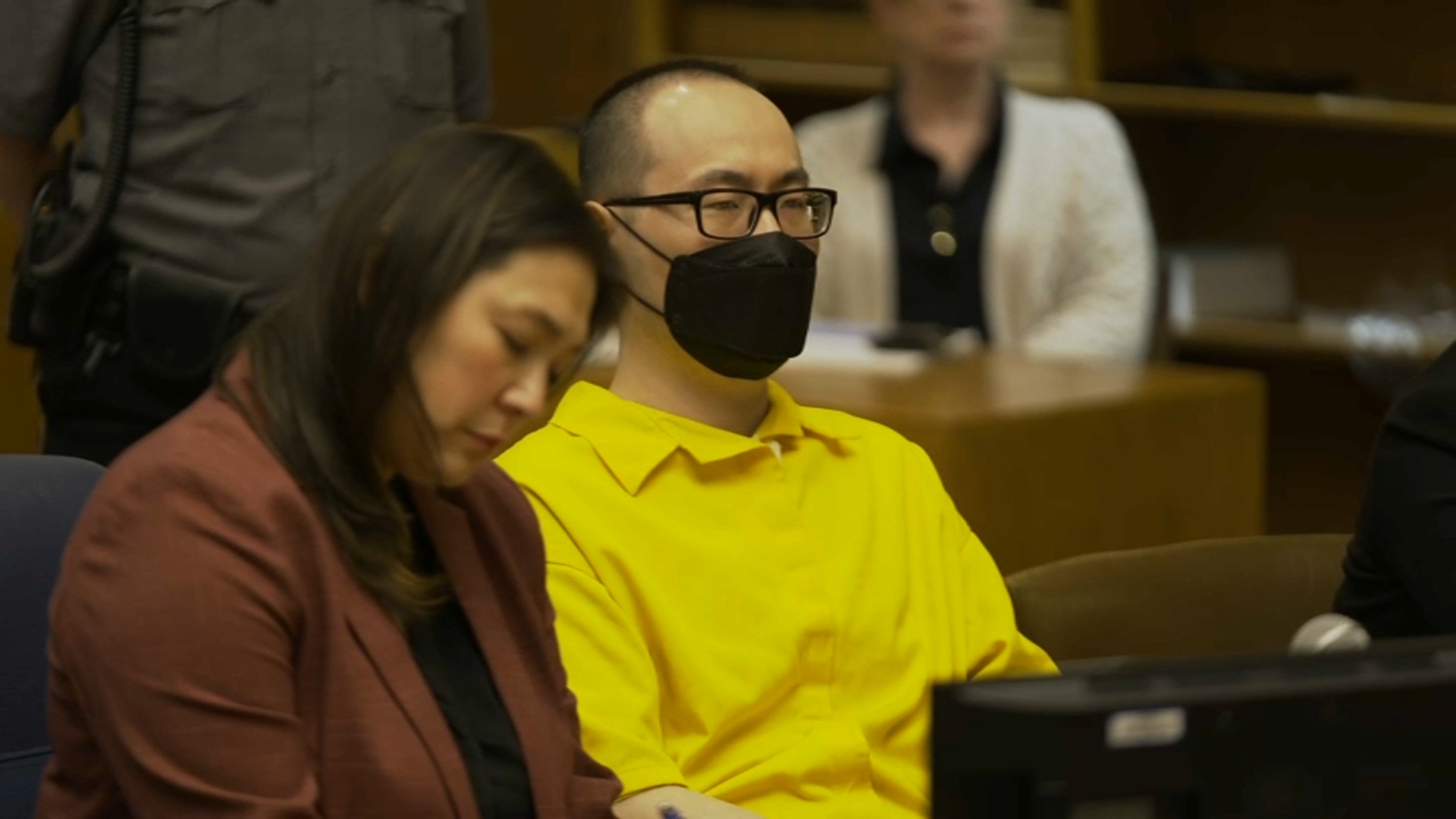Connecticut is considering becoming yet another state to allow for regulated sports betting.
Nearby Rhode Island and New Jersey are already taking bets, and New York is expected to allow the practice soon.
There are numerous factors in play ranging from the role of Connecticut’s agreements with a pair of federally recognized tribes, the role of sports leagues, and how the issue crosses paths with other efforts to expand casino gambling.
“We have to be very cautious,” said Republican Senator Tony Hwang from Fairfield. “We should not rush into making gambling decisions that impact the residents of our state simply because everybody else is doing it.”
The state’s two tribes that operate Mohegan Sun and Foxwoods, respectively, argue that their compacts with the state reign supreme over all discussions of sports betting. Lawmakers are tasked with crafting legislation that would allow for wagers on sporting events and for the state to generate revenue from those bets. The tribes provide payments to the state based on slot machine revenues, and a similar arrangement could be designed when it comes to sports betting.
“Across the country, sports wagering is considered a casino game, which means it falls under the exclusivity portion of our agreements with the state.”
Early estimates on sports betting have projected that Connecticut could collect up to $150 million annually, and the bets would be placed through both mobile and in person venues. Last summer, the framework of an agreement was struck between the administration of Gov. Dannel Malloy and the tribes, but lawmakers never acted on it after Republicans vowed not to support any deal negotiated by the outgoing governor.
Local
It is still believed in the State Capitol that a similar arrangement would be passed by lawmakers, allowing for tribes, off-track betting operators, and possibly the Connecticut Lottery to be part of a sports wagering program.
It’s been part of the restaurant sports bar culture for 40 years.
“We do the hospitality end of it, we do the betting end of it and it works fine,” said longtime baseball manager Bobby Valentine, who is a partner with Sportech Ventures, and offers his name to a pair of restaurants in Stamford and Windsor Locks. “Since 1993, Sportech’s been operating OTB without an incident. They’ve paid their taxes and they’ve employed their people and it’s a no brainer kind of to have the brick and mortar part of sports betting go to the Sportech Ventures.”
MGM Entertainment also wants to be part of the discussion, opening the door to commercial operators, but that could raise issues with the state’s two tribes. MGM has been pushing to allow for a process to allow a commercial casino to open.
Uri Clinton, the COO and President of MGM’s Empire Casino City Casino in New York said, “MGM is processing over a billion dollars in bets on an annual basis. We understand how to do this. We understand how the industry works and we’re not saying the tribes shouldn’t have any opportunity, of course they should, but so should the national brands because that’s what’s best for Connecticut.”
Even though Gov. Ned Lamont has announced his support for sports betting, he has said he wants to allow the legislative process to play out on what a program may look like.



